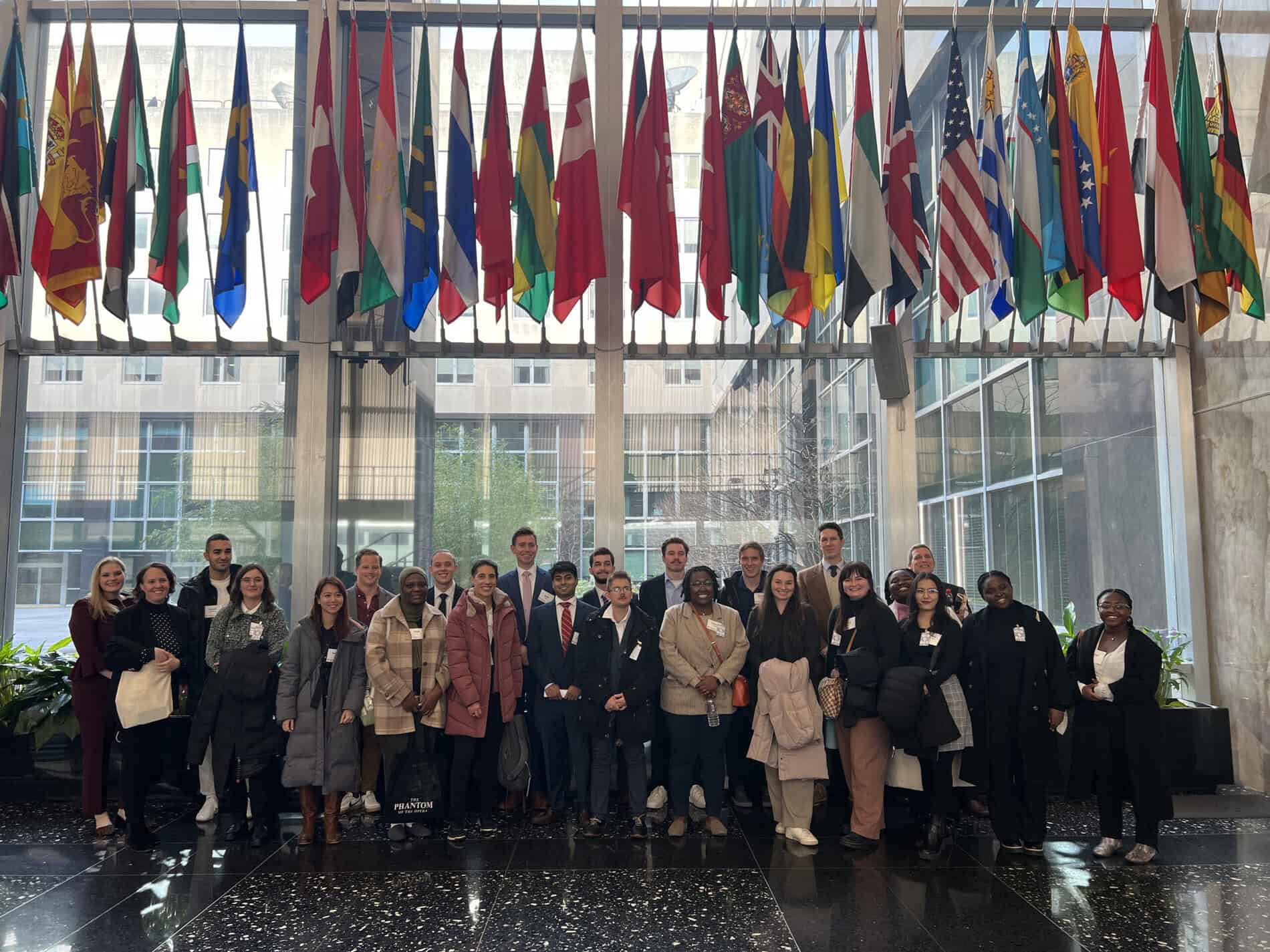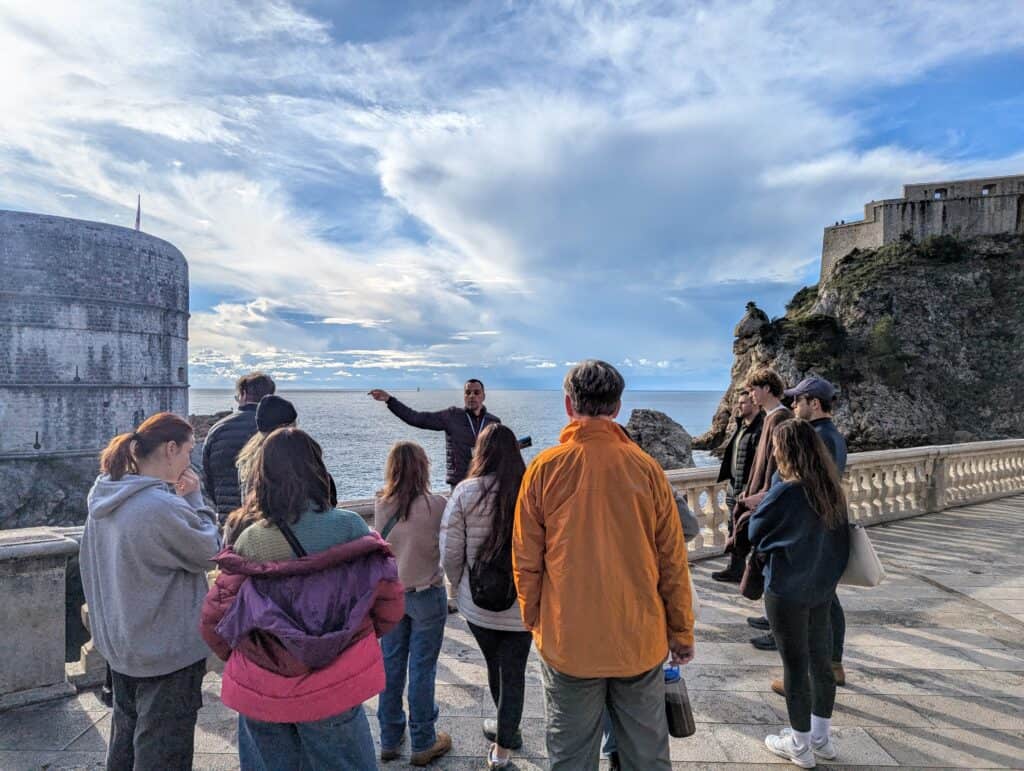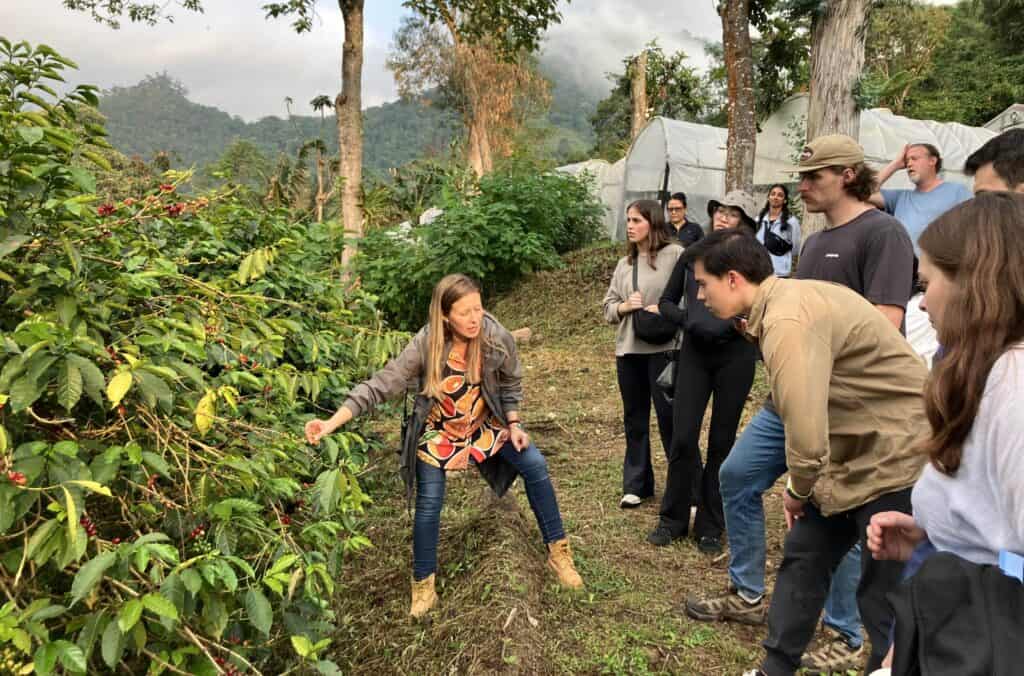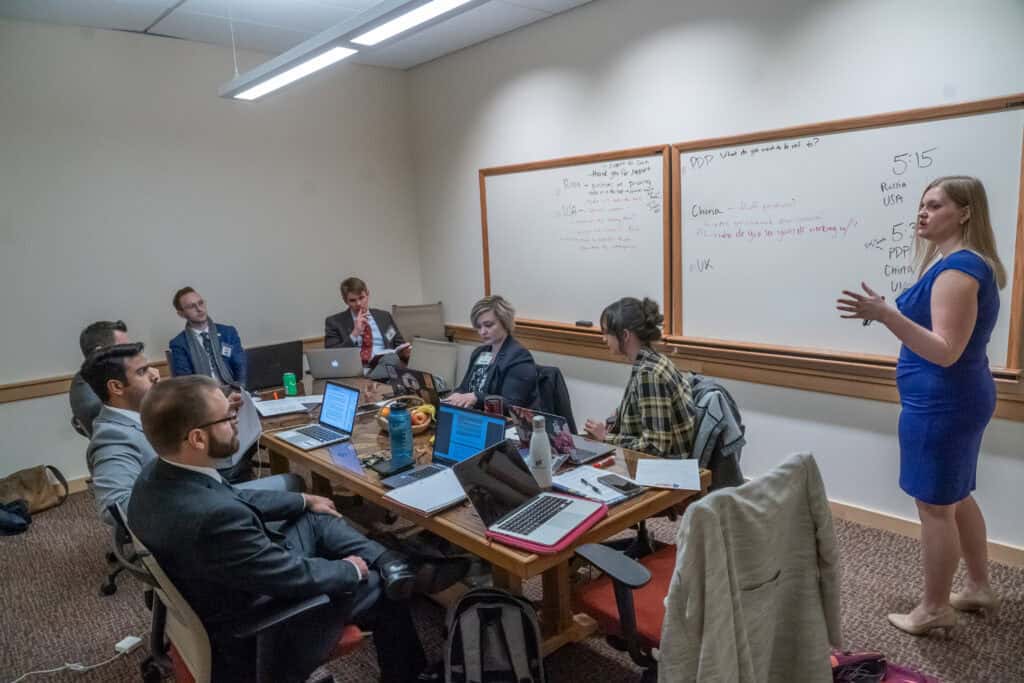Korbel ranked 12th best place in the world to earn a master’s degree in international relations.
Korbel ranked 20th in the world for the best undergraduate degree in international studies.
Korbel ranked 12th best place in the world to earn a master’s degree in international relations.
Korbel ranked 20th in the world for the best undergraduate degree in international studies.

Gain knowledge and skills through direct, hands-on experiences, such as internships, research projects, or fieldwork. Bridge theory and practice, applying academic concepts to real-world challenges. The benefits include no additional graduate tuition costs, enhanced critical thinking, and professional experiences, which better prepare you for careers.

Learn More >

Learn More >

Learn More >

Learn More >

Learn More >

Learn More >
Korbel’s Winter Interterm trips offer students an immersive, faculty-led academic experience abroad during the break between the Fall and Winter Quarters. These short-term programs provide hands-on learning opportunities, cultural engagement, and direct interaction with global leaders. Offerings vary each year, but past trips have included:
The Diplomat in Residence (DIR) program at the Korbel School connects students with expert guidance on careers, internships, and U.S. Department of State fellowships. Serving the Rocky Mountain region, the DIR provides both in-person and virtual resources to inspire and support those interested in public service and careers with the Foreign Service. At Korbel, the current DIR, James Denver Herren, brings decades of international experience to mentor students in exploring and pursuing State Department opportunities.
A simulation is an immersive, hands-on experience where participants take on roles, tackle tasks, and collaborate (or compete) in high-pressure, dynamic scenarios. With limited information and tight deadlines, success hinges on teamwork, strategy, and navigating complex challenges. Examples of past simulations include:
The Korbel School regularly hosts notable guest speakers, giving students the opportunity to learn from experts across various fields. Previous speakers have included:
In-Person:
Virtual:
Visit our events calendar to see what speakers we have coming up next.
Copyright ©2025 | All Rights Reserved | Equal Opportunity Affirmative Action Institution